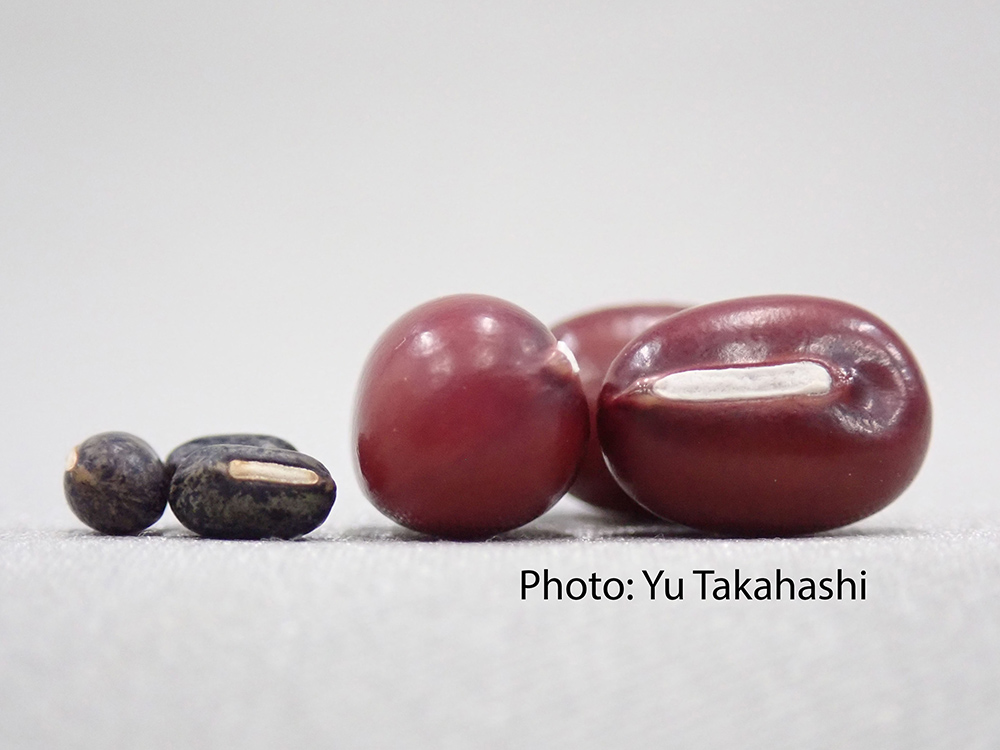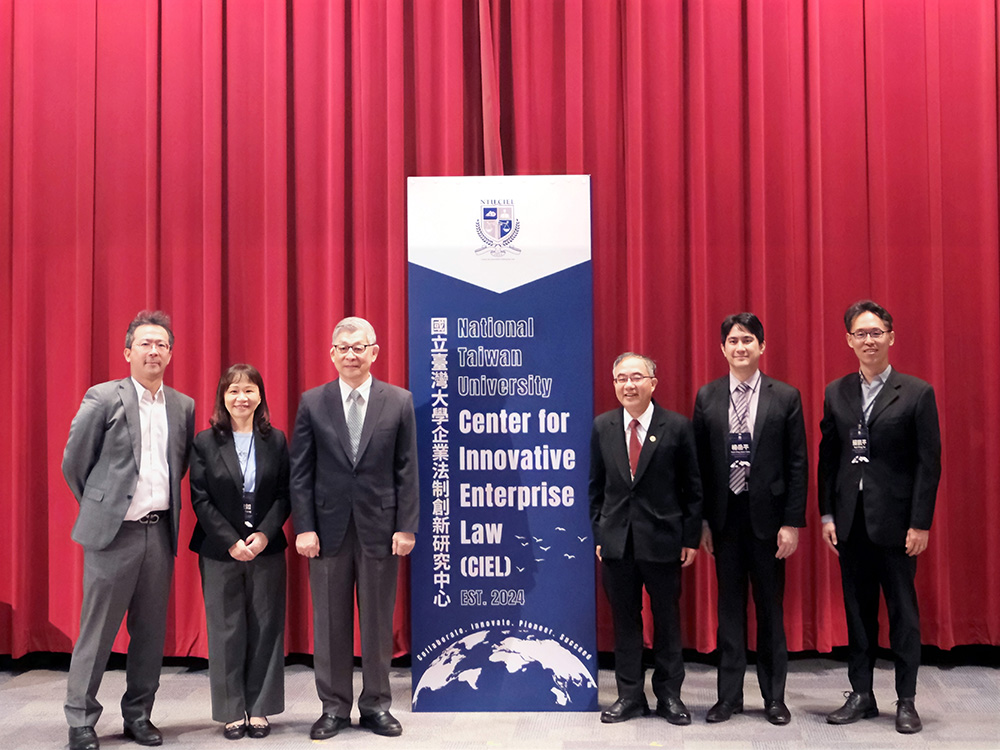
A Distinguished Global Research Center Established at NTU under Trilateral Cooperation
瀏覽器版本過舊,或未開啟 javascript
請更新瀏覽器或啟用 javascript
Spotlights
Dengue fever vector mosquitoes breed in wet and moist environments.
National Taiwan University launched a dengue fever awareness campaign ahead of the new semester as a preventative measure against the current epidemic. The campaign is led by the NTU Environmental Protection and Occupational Safety and Health Center in collaboration with the Office of General Affairs. The offices also invited dengue vector mosquito specialist Prof. Kun-Hsien Tsai (蔡坤憲) of the College of Public Health to help inspect the NTU campus and to give a talk on dengue prevention.
Prof. Tasi points out that the first step towards dengue prevention is understanding the nature of the vectors; namely, the two species of mosquitoes that carry and transmit the disease. According to Prof. Tsai, the female mosquito prefers to lay its eggs in moist or water-filled containers. In a perfect environment, the eggs hatch within three to four days; in the next five to eight days, the larvae transform into pupae, which after one to three days, emerge as fully-grown adults.
The distribution of the two vector species also play a determining role in how the disease is spread. Prof. Tsai notes that Aedes aegypti, which is found in southern Taiwan, prefers to live indoors, especially in dark and cool areas between curtains and clothes. Meanwhile, Aedes albopictus, the species found in Taipei and across the island, is an outdoor bound species that thrives in cool and wet environments. The eggs of both species can survive in a dry environment for up to three to six months. Both types of mosquitoes are most active during the day, peaking at 9-10 a.m. and 4-5 p.m.
Prof. Tsai explains that since the chain of infection can more easily be repeated in an indoor environment, the current epidemic is focused in southern Taiwan.
As the mosquito’s life cycle is dependent on water, the most vital step of preventing the disease is through maintaining a clean environment to stop mosquitoes from breeding. Therefore, in addition to inspecting the campus for potentially breeding hot spots, the dengue fever awareness campaign is focused on educating the staff and students on the importance of a safe and clean environment by clearing out any and all vessels with stagnant water.

A Distinguished Global Research Center Established at NTU under Trilateral Cooperation

Collaborative study between NTU and Japan uncovers the origin of Adzuki Beans and agriculture in Japan

NTU Launches Center for Innovation in Enterprise Law—with Forum Highlighting Trump’s Policy and Legal Shifts Amid Geopolitical Tensions

NTU and Ministry of Environment Sign MOU to Advance Net-Zero Transition and Environmental Resilience

NTU Hospital’s Cardiac Transplant Team Pioneers Beating Heart Transplant with Zero Ischemic Time
Current Spotlights